A few days ago I noticed a post on the BU Staff Intranet about the Fourth Annual Global Goals Teach In, where, as educators, we can pledge to embed the UN Sustainable Development Goals in our teaching practice for 2 weeks between 22 February and 5 March 2021. It made my heart skip a beat thinking now is the time to make education more holistic! To not just arm our students with the best possible degree for their future careers but to empower them to be change makers.
Education is fundamental to shifting attitudes and make us feel we can be the change we want to see. The term ‘university entrepreneurship‘ is strongly in favour of the school of thought that enterprise development or entrepreneurial action is nurtured within the academic environment, allowing latent entrepreneurial ambitions to flourish! For the last few years I have been privileged to lead the Entrepreneurship and Business Ventures module in the final year at Bournemouth University Business School. Within the constraints of the time, curriculum and resources, we aim to run this module as a mini in-class incubation hub through ideation support; mentoring support through industry connections; guest speakers; networking events and many more. Each year, based on a personal commitment to sustainable collective action for the planet and humanity and spurred on by the encouraging global trends towards start-ups that espouse the triple bottom line (Economic, Social and Environmental), we designed a curriculum to support student entrepreneurship focusing on the economic viability centred around social/environmental sustainability. Because sustainability makes business sense, it is not merely altruism, it leads to competitive advantage, earning newer market segments and creates longevity and legacy for a business.
The UN SDGs make the task of embedding a sustainability agenda in the curriculum easier to do and also easier to understand the trajectory in which our small steps can add to the solutions of the grand problems. Often the discussions on sustainability, from a small business perspective, sounds like a costly goal to achieve and in this difficult economic times, sounds like an absurd suggestion when businesses cannot even survive the external forces. But this is where embedding sustainability within the core values of the business can actually help it weather the proverbial storm better. Sustainability, not as an appendage, but in the core of the business, within its business vision, mission, model, supply chain can ensure longevity. and once we become conscious of the power of responsible, conscious capitalism, the change we hope to see begins to take shape!
What would you do, if faced with a choice of buying a box of chocolates from one that is reliant on a supply chain riddled with historical and existing cocoa plantation slave labour (that you are aware of), and others (priced at a point higher than the former) trying to make that very difficult shift from the norm? As educators we have a huge responsibility of empowering the next generation start-up founders to open their eyes to the strength of action taken in favour of sustainability and the UN SDGs provide us with a toolkit to translate that message more effectively. For me, this journey started in the year 2014-15 with the first Social Enterprise Event day at Bournemouth University which was a networking and opportunity seeking platform for our students on this module to connect with socially focused entrepreneurs. I was not aware of the upcoming UN SDGs then and once I did, the whole action became that much more easy to plan and deliver including student-led projects, 4 Global Entrepreneurship Week events across two academic years- 2019/20 and 2020/21 (focussing on student experience and learning at BU) ; the creation of BU Social Entrepreneurs Forum and many more.
Sure, there are many other excellent frameworks we refer to and discuss including the B-Corps redefining success ( a personal favourite), Circular Economy underpinned by a transition to renewable energy ( a must have) Social Enterprises (another personal favourite), the CSR model and more but none that draw our attention so starkly to the global challenges as the UN SDGs. And recognising, that each incremental step we take, through our education practice and assessment, can add to the solutions to those grand challenges, is in itself a very sobering and empowering feeling.
And this is what I am privileged to witness in my classroom of 100+ students. Last year 2019-20 we worked with business organisations, with a core commitment to sustainable action, designing and developing business plan/business model solutions for them and this year and last, students, individually, worked on developing an original idea for a start-up underpinned by commitment to one or more UN SDGs.
How I wish I could share some of the posters, the pitches they did live/offline and the background research without infringing Intellectual Property! These ideas are needed! They are are time relevant, robustly underpinned by market research, with a clear focus on economic viability and sustainable actions and some of them, disruption of the existing industries they are entering. Some of them, whether they be an app to support Goal 5 Gender Equality; making fashion circular; empowering body image positivity through tech based solutions (Goal 3, Goal 5); sustainable home improvements; reducing food waste (Goals 1 and 2.); ideas stemming from personally recognised unmet needs yet so powerful for a global audience- the pride I feel in my students is not something I can express! Many of them have received prizes in the form of free business consultations with international entrepreneurs who were on the panel of judges listening to the business pitches, so it is only a matter of time before we see some of those ideas turning into registered businesses.
Globally, there is an increasing number of sustainable startups often attributed to the power of the millennials in demanding a change in the marketplace with the strength of future focus, technology, and digital platforms. And perhaps this is what we are seeing at a smaller scale within BU Entrepreneurship and Business Ventures, a group of bright young minds who are capable to assimilating new knowledge and adopting that as a way of life to make the world less individualistic and focus on what is truly important. For, capitalism is not the problem, it is the lack of true social responsibility that older, more archaic capitalistic institutions have shown, which has led to a world of huge chasms between the haves and the have-nots. And I am humbled by what the future will bring, and it seems that with the pandemic, social/environmental sustainability and impact of business on the society has been accelerated manifold…. every grey cloud has a silver lining? With that we say adieu to another grand semester 1 (whilst continuing supporting the ideas into real businesses through consultation) of Entrepreneurship and Business Ventures and look forward to the next cohort in September 2021. And I continue my journey, as an Enterprise Educator at BU, supporting the UN SDGs and supporting colleagues to find ways in which to embed this framework within their disciplines and student-focused initiatives. Thank you.

 The Women’s Academic Network (WAN) at BU are delighted to host this powerful and timely public engagement, open-to-all, Q&A Panel Discussion on one of the most important and urgent issues facing Higher Education (HE) in the UK today.
The Women’s Academic Network (WAN) at BU are delighted to host this powerful and timely public engagement, open-to-all, Q&A Panel Discussion on one of the most important and urgent issues facing Higher Education (HE) in the UK today.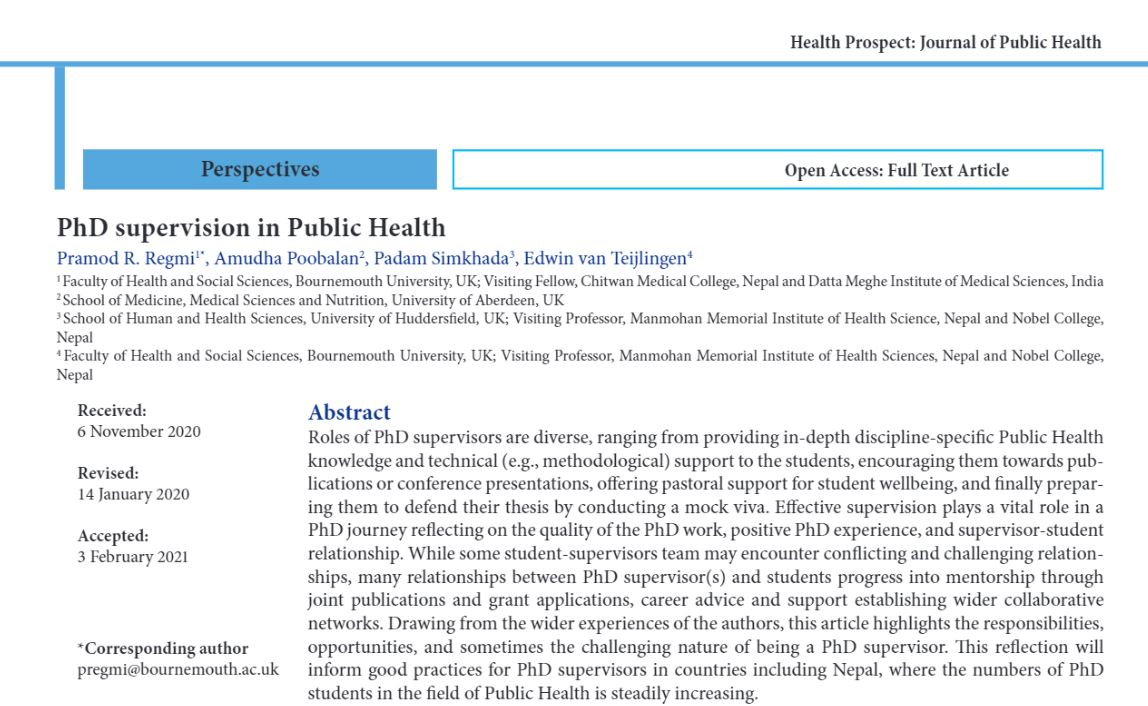








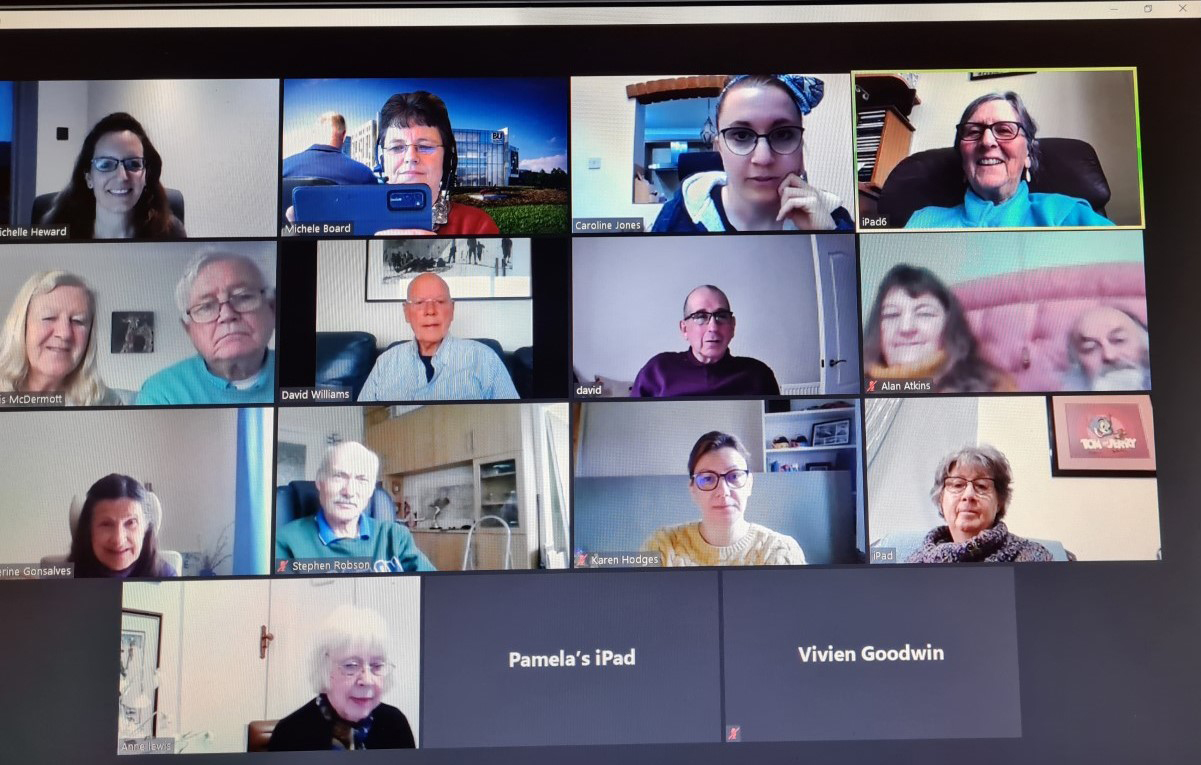
 The buxton chair has gone! These advances alongside an ageing population with multi-morbidity, increasing frailty, has led to an increase in acuity of care in acute hospital environments and in the community. Nurses need to be critical thinkers, challenging how we care and what is best for each individual patient. Nurses have to deliver excellent hands on care, with expert holistic assessment and evaluation skills. They lead teams and influence how care should be delivered from the bedside to strategic decision making. For those reasons nurses need to be knowledgeable, to critique the evidence as well as create the evidence to support how care should be delivered. That is why a university education, supported by 50% of their course in practice settings, is essential. That is the nurse I want to care for me and my loved ones, compassionate, kind, caring, and knowledgeable. To illustrate this further Michele shared examples of the research she is undertaking of the brilliant nurses and allied health professionals working as ACP’s during COVID19.
The buxton chair has gone! These advances alongside an ageing population with multi-morbidity, increasing frailty, has led to an increase in acuity of care in acute hospital environments and in the community. Nurses need to be critical thinkers, challenging how we care and what is best for each individual patient. Nurses have to deliver excellent hands on care, with expert holistic assessment and evaluation skills. They lead teams and influence how care should be delivered from the bedside to strategic decision making. For those reasons nurses need to be knowledgeable, to critique the evidence as well as create the evidence to support how care should be delivered. That is why a university education, supported by 50% of their course in practice settings, is essential. That is the nurse I want to care for me and my loved ones, compassionate, kind, caring, and knowledgeable. To illustrate this further Michele shared examples of the research she is undertaking of the brilliant nurses and allied health professionals working as ACP’s during COVID19.  During focus groups and 1-1 interviews the research team (Dr Dawn Morely, Dr Janet Scammell, Kelsie Fletcher,@AN4LTH) and 3 practitioners from Dorset Healthcare, Cliff Kilgore, Mary Edwards and Dr Pippa Collins,@DorsetHealth), heard how the ACP’s advocated for patients, led to the development of services, their responsiveness, flexibility and adaptability during an enormously challenging period – it was very inspiring. Their advanced critical thinking skills ensured the care they delivered was holistic and person centred. Hopefully those attending the coffee morning were convinced that a university education for nurses and the new role of ACP’s illustrated the expertise of postgraduate nurses delivering care on the front line.
During focus groups and 1-1 interviews the research team (Dr Dawn Morely, Dr Janet Scammell, Kelsie Fletcher,@AN4LTH) and 3 practitioners from Dorset Healthcare, Cliff Kilgore, Mary Edwards and Dr Pippa Collins,@DorsetHealth), heard how the ACP’s advocated for patients, led to the development of services, their responsiveness, flexibility and adaptability during an enormously challenging period – it was very inspiring. Their advanced critical thinking skills ensured the care they delivered was holistic and person centred. Hopefully those attending the coffee morning were convinced that a university education for nurses and the new role of ACP’s illustrated the expertise of postgraduate nurses delivering care on the front line.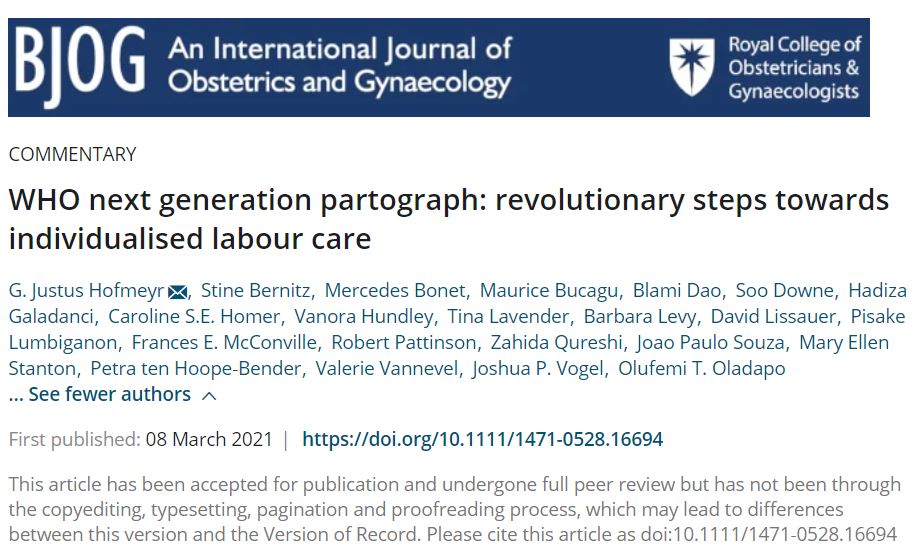







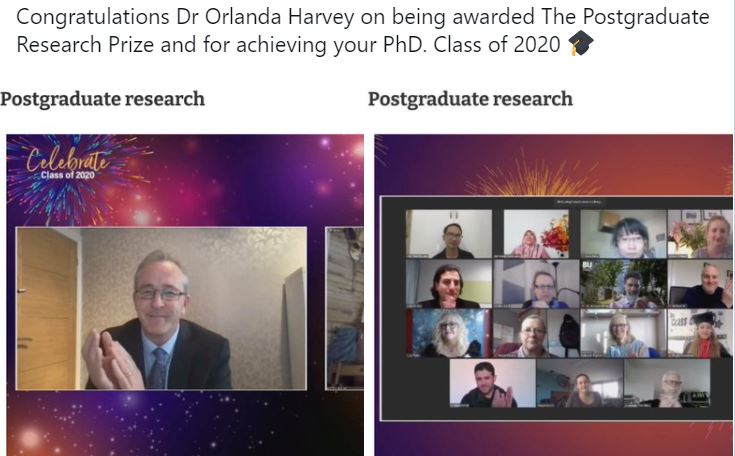



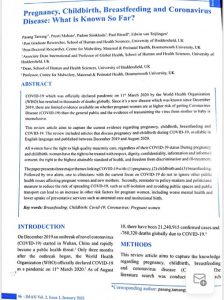
 Speaker Information:
Speaker Information:

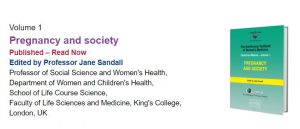
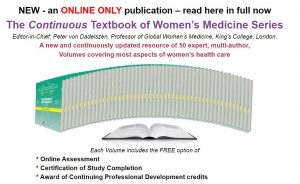
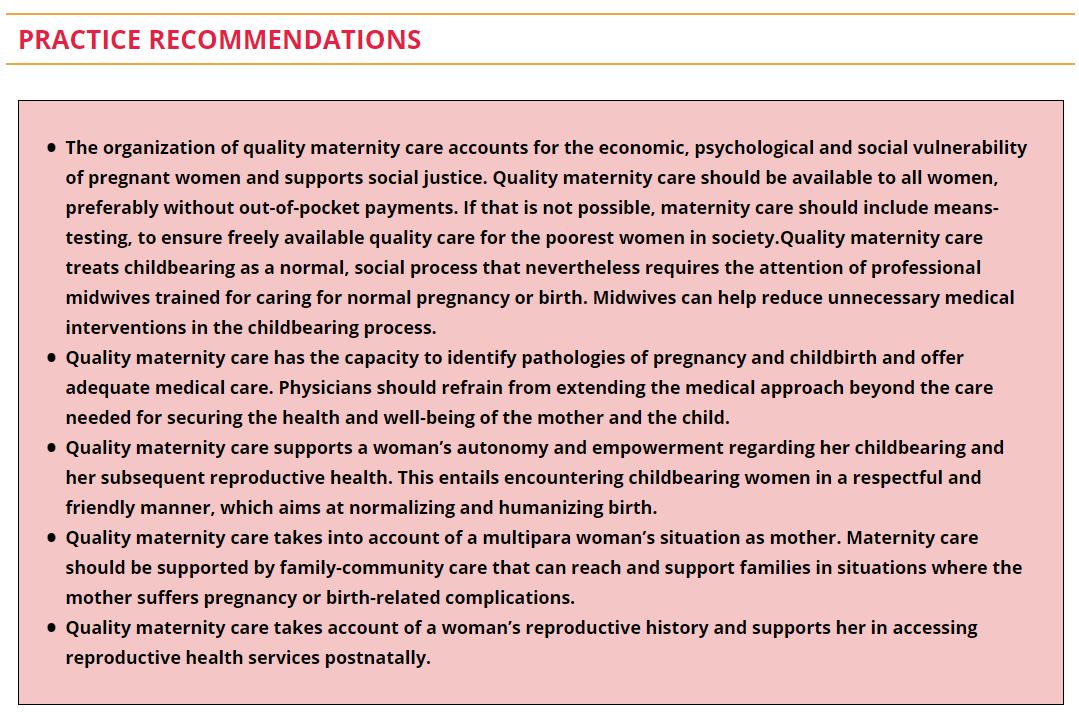

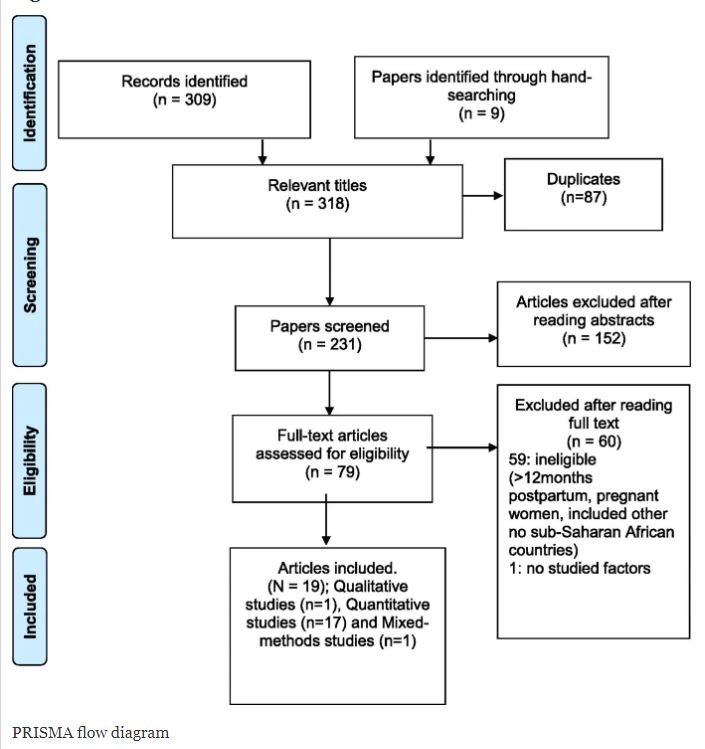











 REF Code of Practice consultation is open!
REF Code of Practice consultation is open! BU Leads AI-Driven Work Package in EU Horizon SUSHEAS Project
BU Leads AI-Driven Work Package in EU Horizon SUSHEAS Project Evidence Synthesis Centre open at Kathmandu University
Evidence Synthesis Centre open at Kathmandu University Expand Your Impact: Collaboration and Networking Workshops for Researchers
Expand Your Impact: Collaboration and Networking Workshops for Researchers ECR Funding Open Call: Research Culture & Community Grant – Apply now
ECR Funding Open Call: Research Culture & Community Grant – Apply now ECR Funding Open Call: Research Culture & Community Grant – Application Deadline Friday 12 December
ECR Funding Open Call: Research Culture & Community Grant – Application Deadline Friday 12 December MSCA Postdoctoral Fellowships 2025 Call
MSCA Postdoctoral Fellowships 2025 Call ERC Advanced Grant 2025 Webinar
ERC Advanced Grant 2025 Webinar Update on UKRO services
Update on UKRO services European research project exploring use of ‘virtual twins’ to better manage metabolic associated fatty liver disease
European research project exploring use of ‘virtual twins’ to better manage metabolic associated fatty liver disease